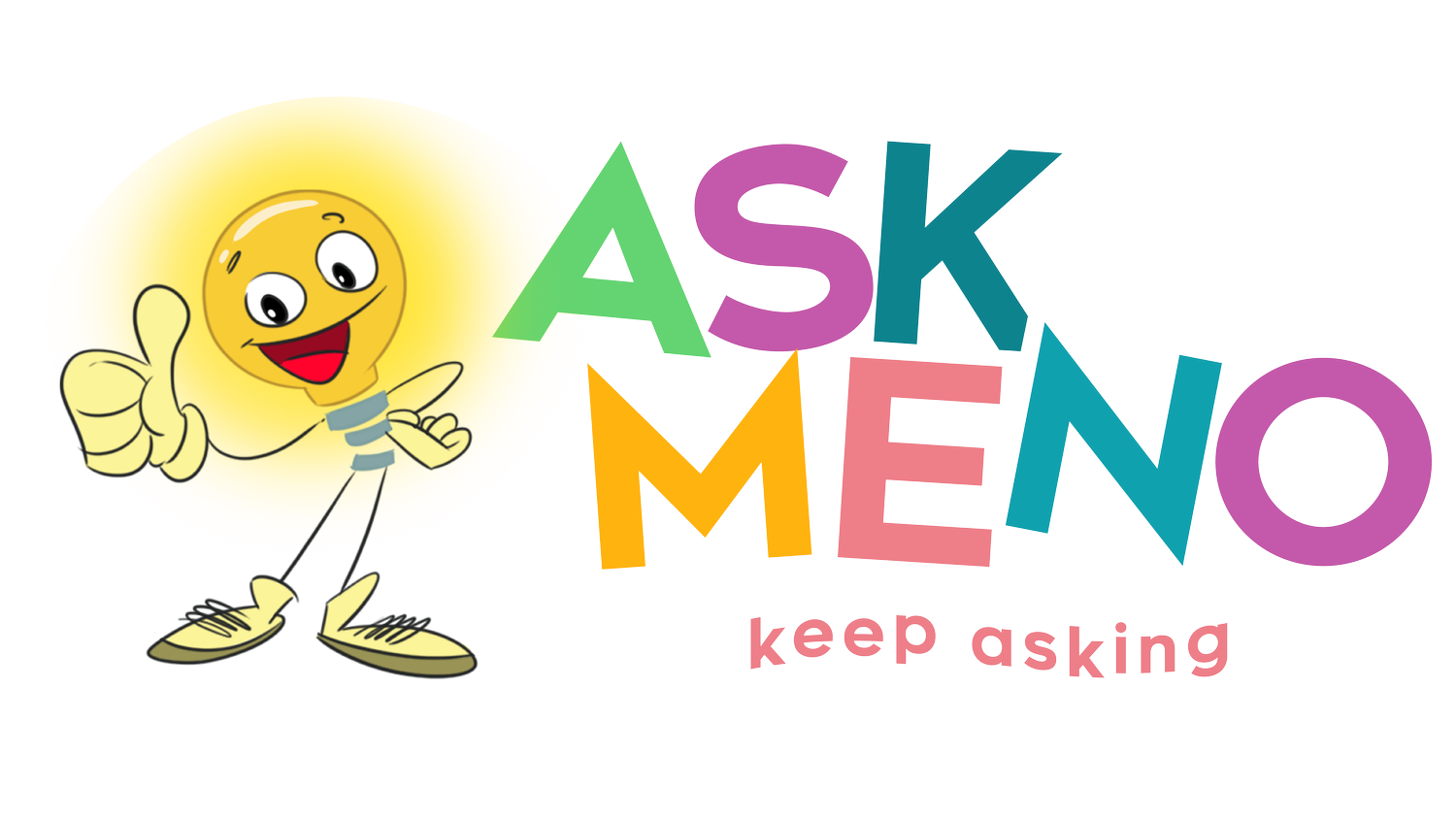A Shortage of Student Talk
There is a shortage of student talk in the classroom.
Take a look at these stats:
💡 According to a study of 20,000 classrooms, 89% of talking comes from the teacher.¹
💡 Teachers ask an average of 142 questions a day, while students ask an average of 2 academically relevant, non-procedural questions per day,² representing 1% of student talk.³
We sympathize with teachers, especially given what they're up against. Anne Hindman, a Professor in the College of Education and Human Development at Temple University, sums it up perfectly. She shares how with 20 young learners in the class, it can be a logistical challenge to prioritize child talk. She also acknowledges how much of today’s curriculum undervalues oral language development and planned dialogue.⁴
Child talk and the right ratio of teacher monologue to dialogue is especially important in the early grades, since it dramatically affects the students' literacy and social development. This is not about adopting the right strategies, but having a perspective change and a mind shift that prioritizes academically productive conversation in early education.
Collecting Talk Data
There are ample opportunities to leverage conversation in the classroom if leaders encourage this mindset shift. Using centers time, transitions, classroom routines, mealtimes, and supplemental oral language curricula are great ways to engage in multiturn conversations that are necessary for learners' development.
It starts with collecting data. Here are some ways to track the amount of teacher to student talk as a district or an educator:
💡Use the TeachFX app or Visible Classroom App to record and report on talk time
💡Have coaches come into the classroom to collect talk data
💡Use the discussion catcher idea, which is a chart that logs great conversation moments
As district leaders or educators, what are some other ways we can explicitly plan for child talk throughout the day?
—--
Sources:
¹ John Hatte, Visible Learning: https://www.youtube.com/watch?v=UJyEXZuIgMQ
² https://blog.tcea.org/whos-doing-the-talking-in-our-classrooms/
³ Walsh, J. (2021). Empowering Students as Questioners: Skills, Strategies and Structures to Realize the Potential of Every Learner. Thousand Oaks, CA: Corwin Press. https://www.education.ky.gov/curriculum/standards/kyacadstand/Documents/EBIP_5_Questioning.pdf
⁴ https://publuu.com/flip-book/24429/135735/page/14
⁵ https://news.mit.edu/2018/conversation-boost-childrens-brain-response-language-0214
About AskMeno
AskMeno is dedicated to helping early childhood leaders build the foundational oral language and social skills necessary for their young scholars’ reading comprehension and emotional wellbeing. AskMeno provides a play-based, teacher-facilitated supplemental curriculum that systematically and explicitly develops oral language and social skills through scaffolded, fun, and engaging learning activities.



